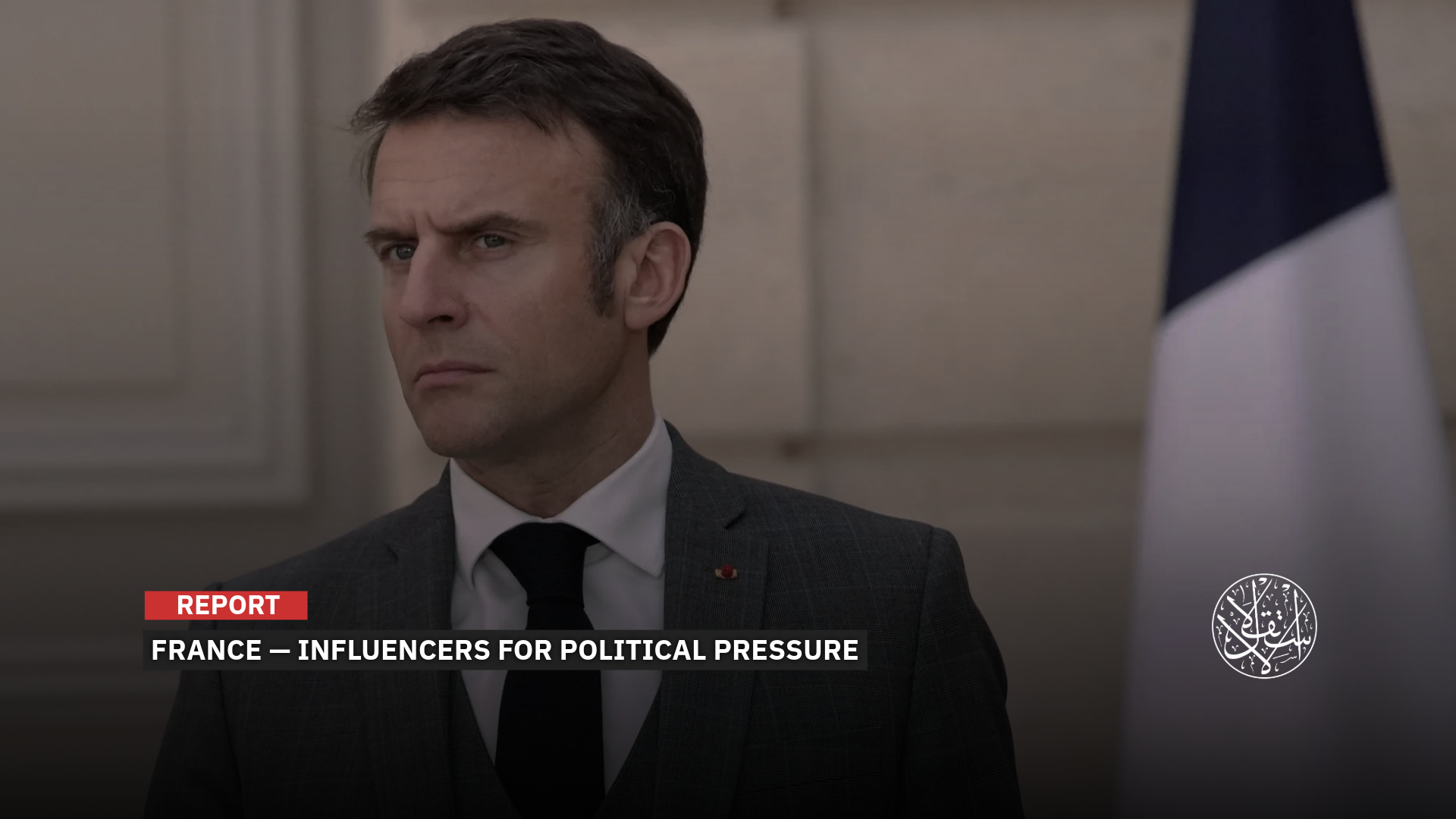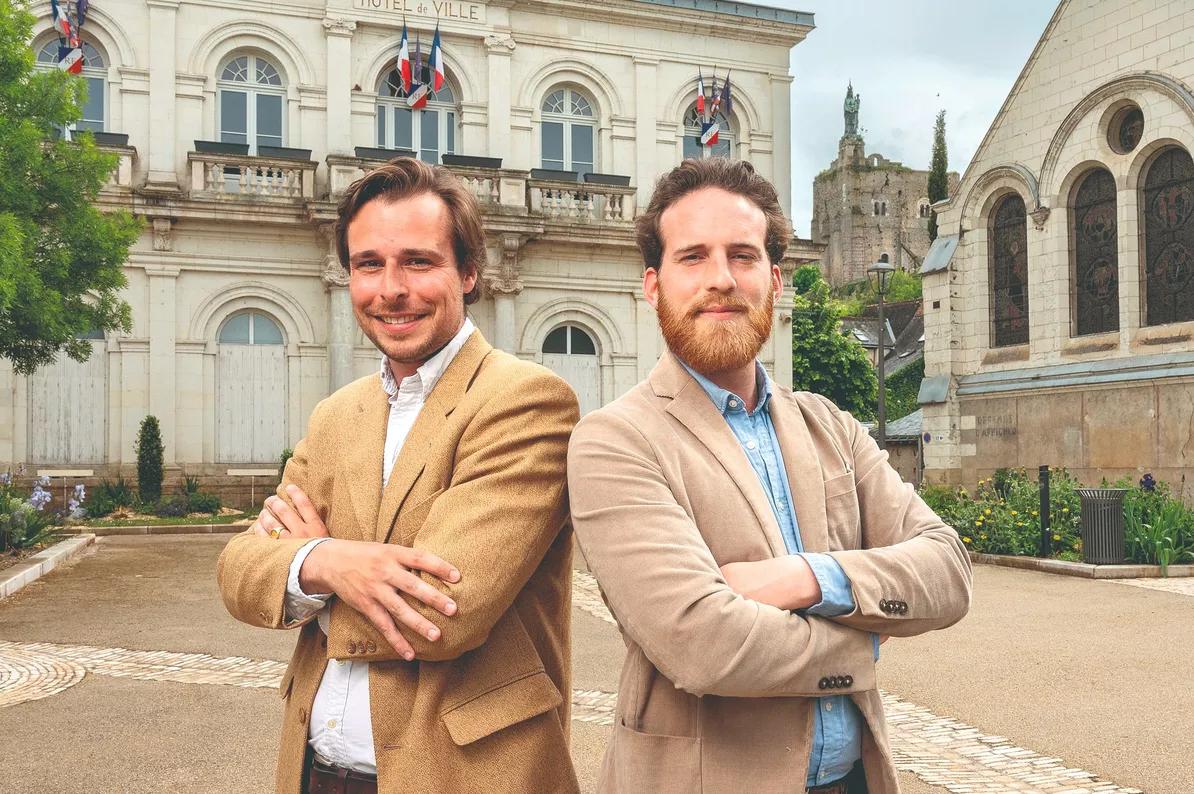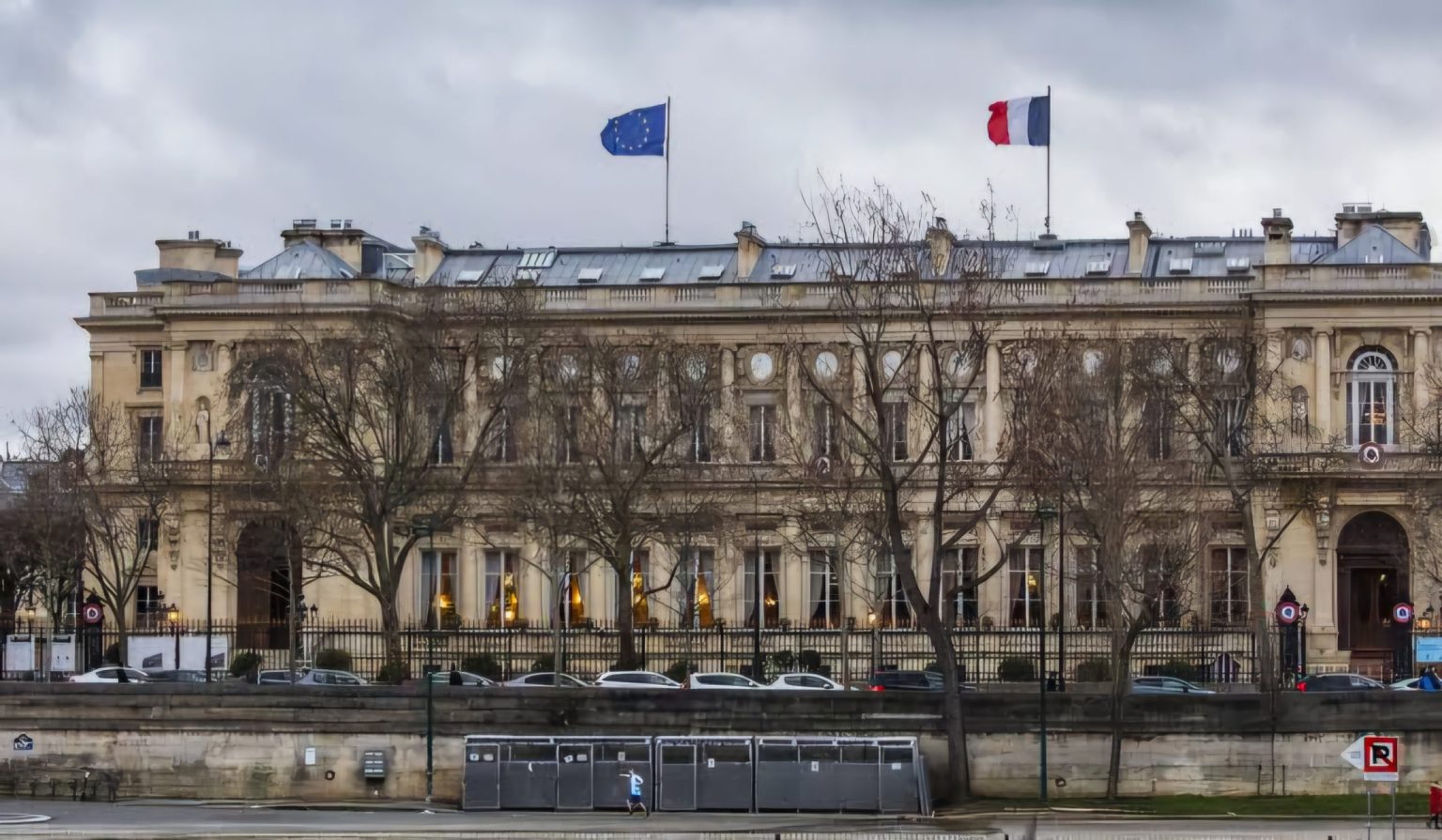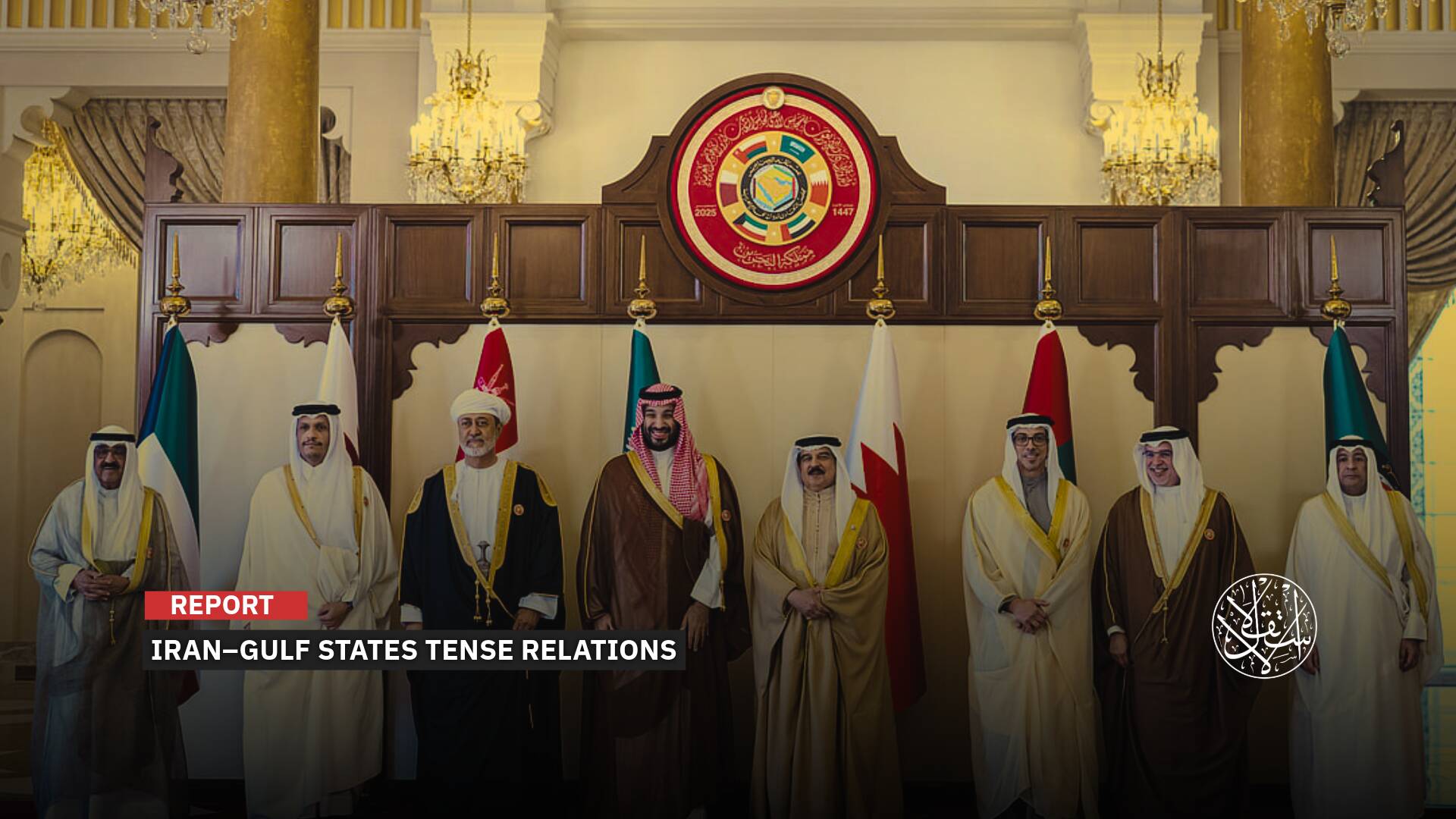Influencers for Hire: Inside the Secret Operation Shaping Public Opinion in France

Paris is training young influencers to serve as pressure channels on public opinion.
In an era where diplomacy intersects with information warfare, the French Foreign Ministry is shifting from a traditional player in negotiation rooms to a hidden architect of a targeted digital discourse.
Behind closed doors, a meticulous operation is underway to recruit young influencers, most of them university students, to work as part of its soft power apparatus in global battles for influence.
This was revealed by Intelligence Online in a report published on July 24, 2025, detailing a program aimed at a sweeping overhaul of France’s soft power tools in regions where competition with other powers such as China, Russia and Turkey is intensifying.
Paris is using social media platforms as battlefields and so-called “independent” content as a disguised propaganda tool, deploying influencers who penetrate youth audiences and push targeted messages across North Africa and the rest of the continent.
Through them, France seeks to reproduce its own narrative about its “developmental and liberating role” in Africa, even as these policies are widely seen as an extension of a new colonial approach dressed in the language of partnership and cooperation.
A Digital Army
Launched in 2022 under the leadership of the Sub-Directorate for Intelligence and Strategy, this project is not limited to promoting France’s image abroad.
It also targets its rivals by spreading hostile narratives with speed and precision, forming something akin to a “digital shadow army” that wears no uniform but fights public opinion battles with weapons far more effective than bullets.
This strategic shift raises troubling questions. To what extent can the trust audiences place in influencers be exploited to advance political agendas?
Is this simply the natural evolution of public diplomacy, or a dangerous slide into a propaganda model that blurs the line between cultural messaging and psychological warfare, imposing on Africa a French vision rooted in centuries of colonial dominance?
According to Intelligence Online, the French Foreign Ministry has launched a covert campaign to recruit small-scale digital influencers, most of them students, to disseminate propaganda and promote policies aligned with what observers describe as Paris’s “neo-colonial” approach.
The report stressed that this is not an isolated effort but part of a broader media influence and propaganda strategy managed by the Sub-Directorate for Intelligence and Strategy within the ministry.
According to the information obtained, Paris is currently working directly with around a dozen micro-influencers carefully selected to support its communication campaigns.
These young people, most of them students, run social media accounts followed by tens of thousands, giving them the reach to engage a large youth audience.
Among the names cited was the student think tank Atum Mundi, whose members have been invited to the Foreign Ministry headquarters. They include its co-director, Clement Moulin, who has more than 70,000 followers on X.

France’s Goals
Sources cited by Intelligence Online said the selection process targets individuals who show a clear interest in international relations, making it easier to integrate them naturally into the French foreign policy narrative for their audiences.
According to Charles Thepaut, deputy director of the Sub-Directorate for Intelligence and Strategy, working with influencers is part of a long-term approach that began when the unit was established three years ago. The stated goal is to modernize diplomatic communications.
In practice, however, the purpose goes far beyond a simple technical upgrade. France is seeking to build a powerful digital force that can surpass the role of traditional media.
These influencers are expected to shape public opinion directly, not only by promoting the official narrative but also by taking an active role in media battles against Paris’s rivals and international competitors.
Sometimes, they receive internal Foreign Ministry documents that are formally presented as analytical notes to help “put events in context,” yet some contain more sensitive information or angles.
The strategy relies heavily on releasing counter-narratives early against countries or actors whose positions clash with French policy, packaging these messages as “independent analyses” that convey credibility and neutrality to the public.
On June 13, 2025, Le Monde published evidence of Paris’s reliance on influencers, supported by official documents that revealed a systematic plan to build digital influence serving the government’s narrative, extending into the arenas of influence struggles in Africa.
It noted that the influence roadmap issued by the Foreign Ministry, along with digital communication files posted on its official website, confirm that building a digital audience and shaping foreign narratives have become an integral part of diplomatic work.
This comes at a time when France has lost military positions and political influence in the heart of the African Sahel, particularly in Mali, Burkina Faso and Niger, while facing political volatility in Chad and Senegal, and a sharp dispute with Algeria. These setbacks have driven Paris to intensify its influence tools in an effort to reclaim its narrative among young French-speaking audiences.
There is also a defensive dimension to this digital engagement. Paris accuses its rivals, especially Russia and the Wagner Group, of orchestrating large-scale digital campaigns against it in Africa.
Le Monde documented a Russian campaign targeting French-speaking audiences with AI-generated content, underscoring the intensity of the influence race and France’s reliance on influencers to ensure it does not leave the media space to its adversaries.
The practical objectives of this strategy are clear in both the documents and actual practices, with the foremost being narrative control, particularly through rapid responses to events that portray France as a “colonial power.”
This is done through explanatory and educational content delivered by young, local-looking figures rather than official accounts, in line with the “strategic communications” framework in Foreign Ministry documents.
The strategy also aims to safeguard economic and energy interests by linking reputation campaigns to French projects and companies such as TotalEnergies, integrating economic priorities into diplomatic work, even if influencers do not mention them directly.
It further seeks to counter rival campaigns by running opposing networks or partnering with content creators to challenge Russian, Turkish, and other narratives in African media spaces, according to Le Monde.
Finally, the plan aims to rebrand France’s role in the Sahel by emphasizing partnership, development, and security over domination, through targeted waves of messaging.

A propaganda tool
According to a report by Algerian site Tadamsa News on August 5, 2025, relying on “obedient” young people tempted by the chance to get close to the corridors of power gives Paris an effective and low-cost propaganda tool, though a controversial one.
These channels are inherently unprofessional and difficult to subject to strict oversight, which increases the risk of leaks or uncontrolled narratives.
In this way, France creates the illusion of spontaneous public support for its foreign policies, while in reality the content is directed and designed to serve the state’s priorities both at home and abroad, the site noted.
The propaganda operation run by France is integrated with legislative tools such as the 2018 “Avia” law, ostensibly aimed at combating hate speech online.
The law gives French authorities broad powers to censor content, especially what it considers “incitement to hatred” against individuals or groups based on race, religion, origin, or sexual orientation.
Critics argue that the law is used to muzzle opposition, particularly those who challenge new colonial-style policies or condemn Israeli dominance.
They also pointed to the role of the Representative Council of Jewish Institutions in France in pushing for stricter enforcement of these controls.
From this perspective, Intelligence Online emphasized that the links between Paris’s digital operations and its on-the-ground policies are particularly visible in Africa, where its historical influence is waning in the face of rising competitors such as Russia, China, and Turkiye.
The young influencers trained by the Foreign Ministry are not just tools for domestic promotion. They are used as channels of pressure on public opinion in African countries.
They produce content that reinforces the French narrative of “partnership” and “development” while simultaneously undermining the image of regimes or actors that challenge French dominance.
This activity, which at first glance appears to be academic initiatives or cultural exchanges, is managed with military precision.
Influencers receive pre-prepared analytical materials, some of which are sensitive, enabling them to respond immediately to developments and amplify narratives favorable to Paris in a fast-moving and open digital space.
In this way, a single tweet or short post becomes a political pressure tool, and a video clip turns into part of a broader influence campaign, whether the stage is in Ouagadougou, Bamako, Niamey, or other African capitals.

Suppressing Dissenting Narratives
As Paris rapidly advances its project to build a “digital army” of young influencers to serve its new colonial agenda, the unfolding events reveal that the strategy is not only about crafting and promoting its narrative. It also relies on silencing any influential voice that steps outside this framework.
The digital space that France seeks to dominate through loyal influencers is, in turn, transformed into a hunting ground for anyone who challenges its official narrative, creating a one-way landscape that leaves room for only a single voice.
The severe diplomatic crisis with Algeria following Paris’s recognition in July 2025 of Morocco’s autonomy plan for Western Sahara provided a clear stage for this approach.
Within weeks, French authorities launched a broad campaign against Algerian influencers residing in France, accusing them of “incitement to violence,” leading to arrests, investigations, and official notices.
Among the most prominent was Sophia Ben Leman, who has hundreds of thousands of followers on social media and is known for her shift from a fierce opponent of Abdelmadjid Tebboune’s 2019 presidential bid to a strong supporter of his policies, even participating in efforts to prevent voters in Lyon from casting ballots.
Police also monitored videos from other influencers, including Abdel Salam Bazooka and Lakas 06, containing sharp threats against opponents of the Algerian government and intersecting with calls to organize demonstrations in Paris against Algerian policies.
These materials, along with clips broadcast by three other influencers detained in various French cities, were sufficient to open cases accusing them of “inciting attacks in France and Algeria.”
Le Figaro described these “digital attacks” as symptoms of an unprecedented deterioration in French-Algerian relations but also highlighted the nature of the media system Paris is trying to construct.
It is a system that allows only the narratives it produces and criminalizes or marginalizes any other account, even from influencers operating within French territory.
Thus, it is clear that France does not merely train and equip influencers to spread its messages at home and abroad. It also leverages its security and judicial apparatus to sideline anyone attempting to break the official narrative.
This approach turns the digital sphere into an extension of the foreign policy stage in Paris, confirming that what is described as “updating diplomatic communications” is, in fact, a one-voice project in an era of multi-front media wars.
Sources
- French military intelligence looks to La mètis for analytics tools
- Russia targeted French speakers in Africa with AI-generated posts, says France
- French diplomacy is reportedly recruiting influential students on social media to spread its propaganda [French]
- Clay and Arrests of Influencers: French-Algerian Relations Flare Up [Arabic]
- France: Foreign Ministry recruits influencers to promote its new colonial propaganda [Arabic]
- How Influencers’ Accounts Replace the Media in France’s Strategy [Arabic]
- France Launches Campaigns Against Algerian Influencers Amid Severe Bilateral Crisis [Arabic]











